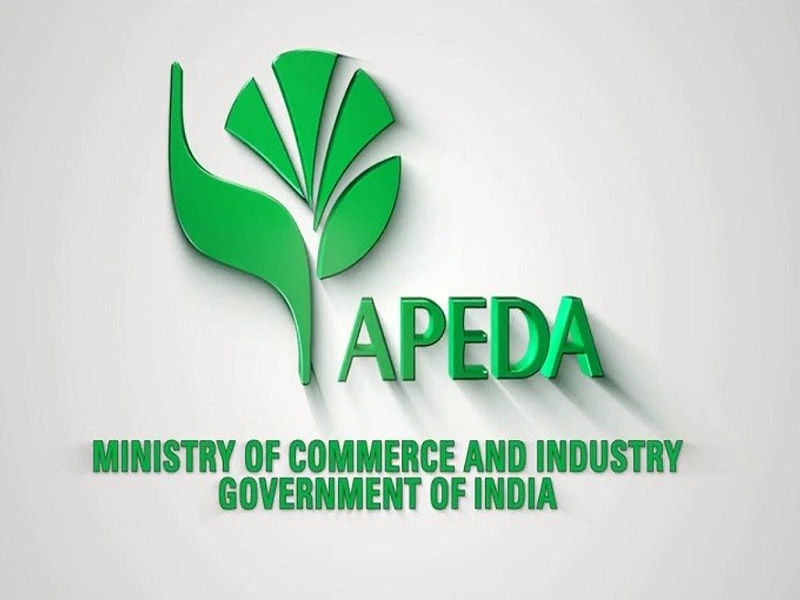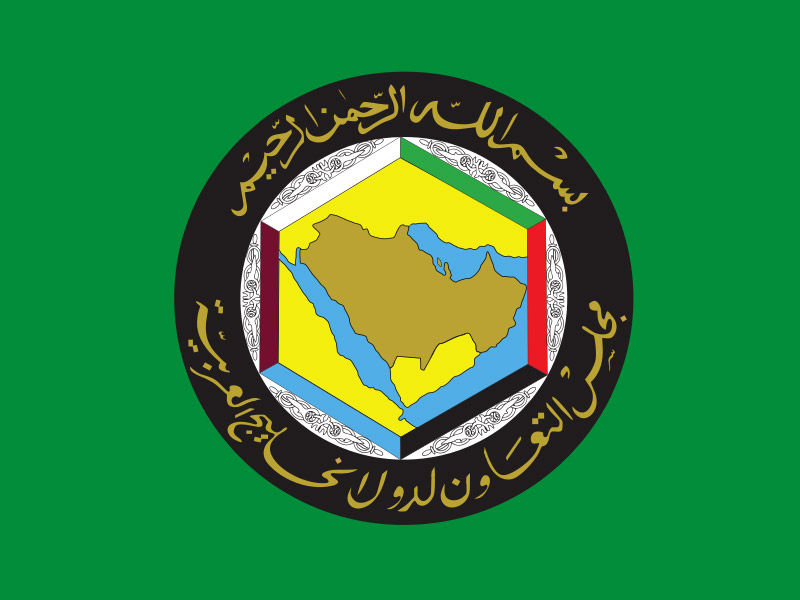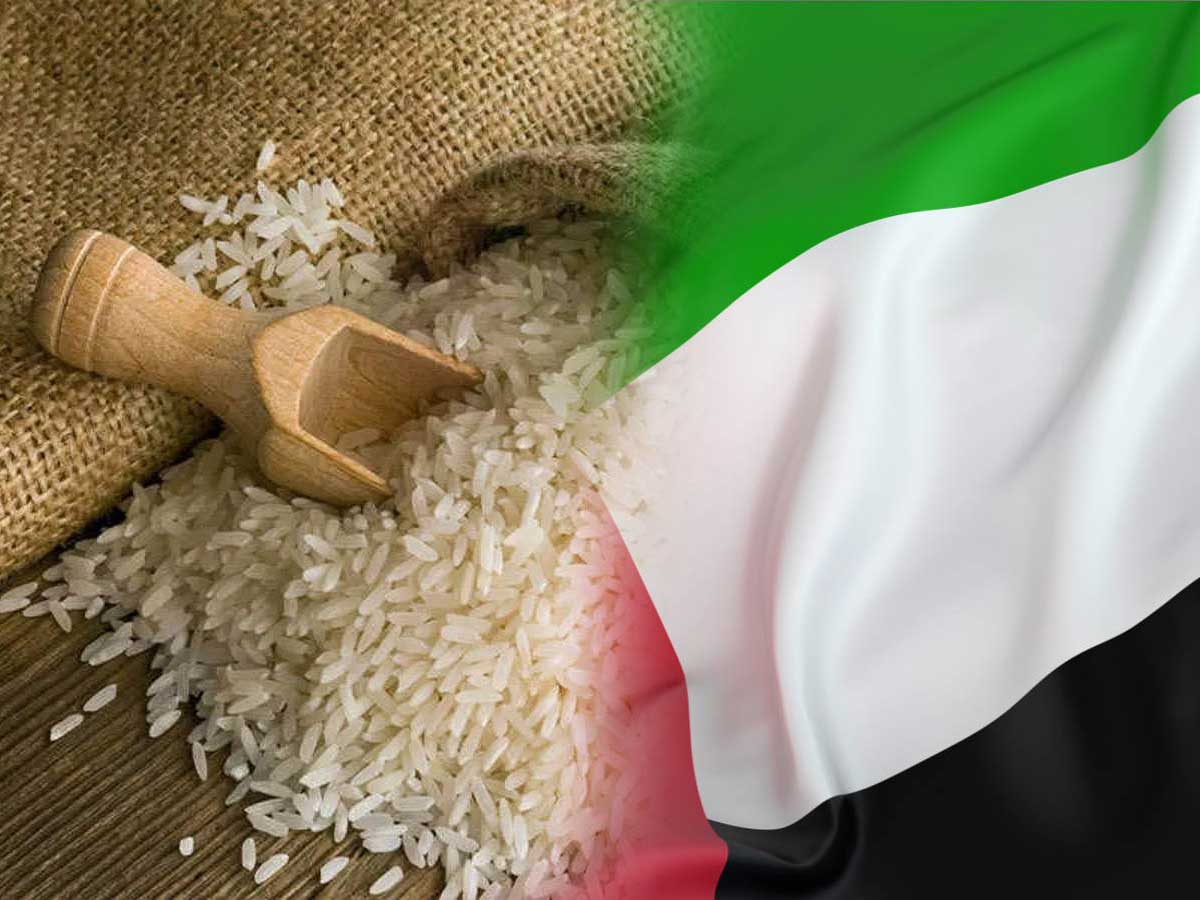There is a need for products produced by Indian cottage industries, according to another importer from the GCC Group, and India must address concerns with standards, packaging, and labeling to meet this demand.
The UAE food sector said that there is a significant demand for New Delhi-produced chicken, dairy, basmati rice, frozen marine items, and wheat products in the Middle Eastern nations and asked the Indian government for support for imports.

The UAE sector has asked the Indian government for assistance with streamlined certification procedures, improved communication with the Agricultural & Processed Food Products Export Development Authority (APEDA), and standardization.
They added that the United Arab Emirates (UAE), Bahrain, Kuwait, the Sultanate of Oman, Qatar, and Saudi Arabia would all benefit from the increased exports of food and food-related items from New Delhi.
Last week, while in the UAE, Commerce and Industry Minister Shri Piyush Goyal held in-depth conversations with these importers and discussed methods to boost Indian exports.
There is a ton of room for India to export frozen goods to these nations, says Nissar Thalangara, Head of Sales UAE (Frozen & Beverages) @ Global Food Industries LLC.
According to an Oman-based Khimji Ramdas Group representative, there is a demand for Indian basmati rice, thus lowering the minimum export price (MEP) on this type of rice will assist India in increasing exports.

The administration wants to reduce MEP from $1,200 per tonne to $850 per tonne.
Another importer from the GCC (Gulf Cooperation Council) brought up the issue of halal certification. The certification process for halal meat is well-established in India.
The free trade agreement between India and the UAE, according to Allanasons Pvt Ltd Executive Director Fauzan Alavi, is promoting the export of beef products.
We see further potential to boost our exports from India to the UAE, Alavi continued.
Meghnani shares Meghnani’s belief that emphasizing product packaging can help Indian exporters increase trade with the UAE and other Gulf region countries. Kirti Meghnani, Choithrams Head (Retail Procurement).

The establishment of an APEDA office in this area, according to Appcorp Holding Chairman Nitesh Ved, will help the food industry.
Also, Read Watermeal: Earth’s smallest flowering plant, food for astronauts
An additional GCC importer claimed that there was a market for goods produced by Indian small businesses and that India needed to address issues with standards, packaging, and labeling.
The trade pact between India and the UAE became effective in May of last year.
Bilateral trade climbed to $84.9 billion in 2022-23, up from $72.9 billion in 2021-22.

























